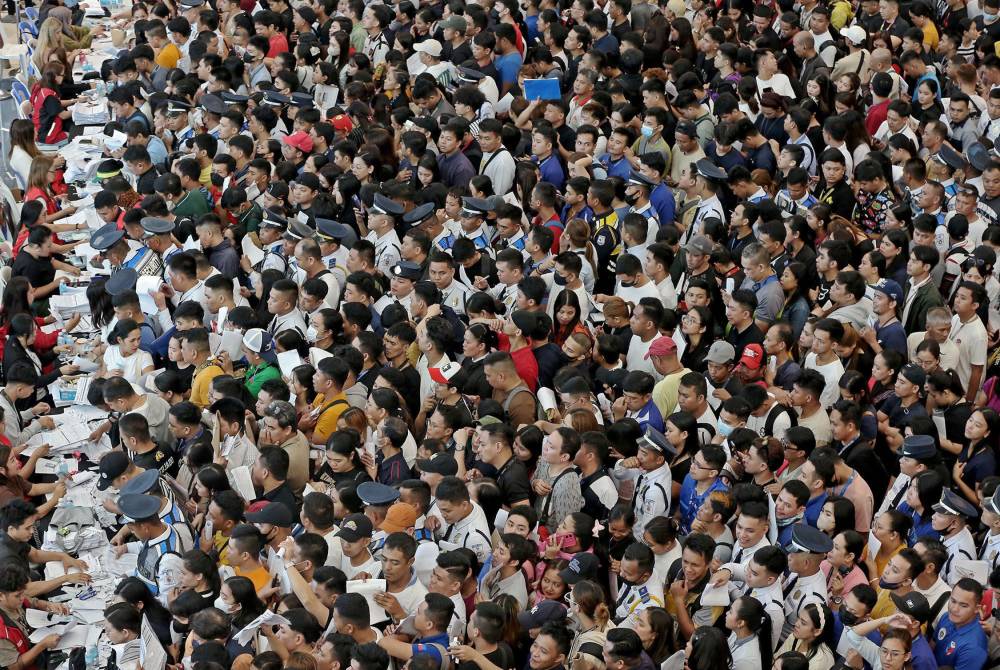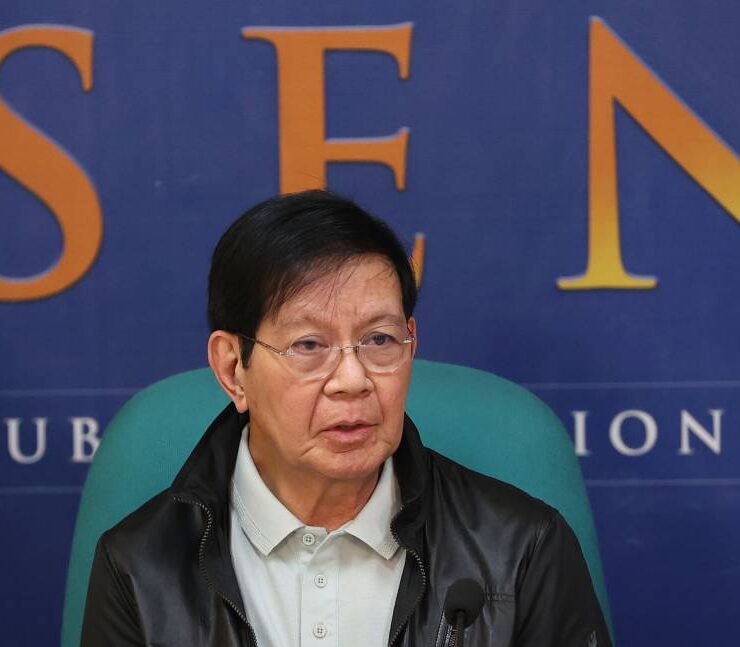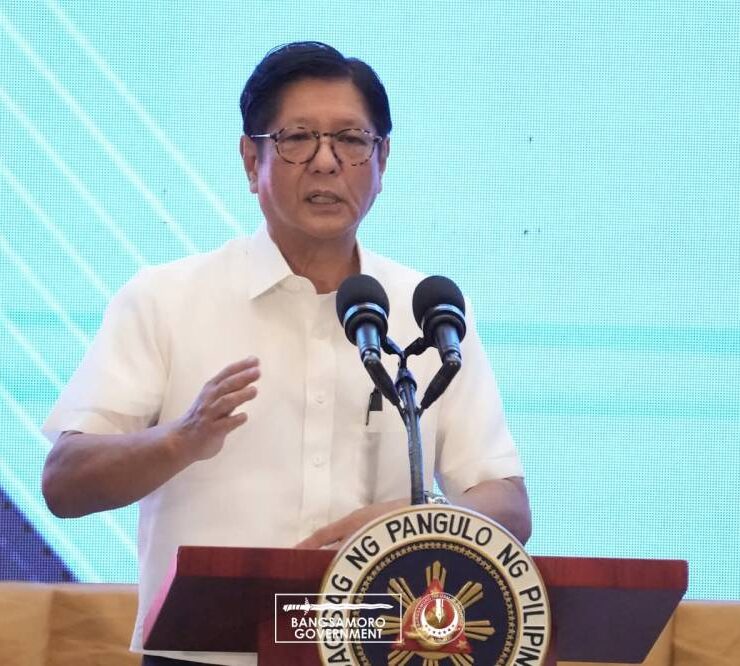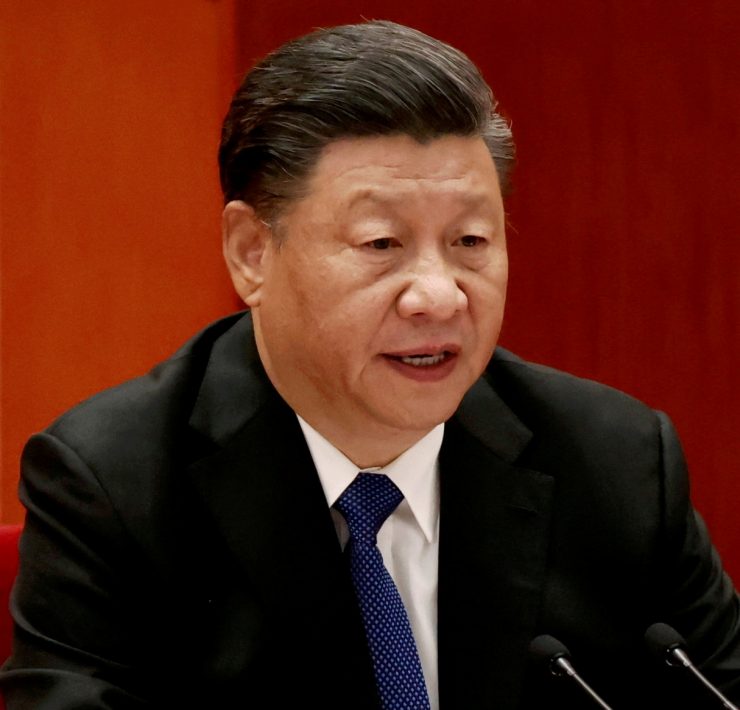Big biz group joins call to stop ₱200 wage hike

The Philippine Chamber of Commerce and Industry (PCCI), the country’s biggest business group, on Monday expressed its opposition to the P200 legislated wage hike being pushed in Congress, marking the latest blowback from the private sector after the Employers Confederation of the Philippines earlier objected to the proposal.
This developed as the House of Representatives on Monday night approved on second reading the measure providing a P200 daily increase for minimum wage workers in the private sector.
The draft bill previously approved by the House committee on labor and employment, entitled “P200 Daily Across-the-Board Wage Increase Act,” was amended to indicate that the increase was only for low-income earners in the private sector.
Lawmakers approved through viva voce voting during plenary session House Bill No. 11376, or the proposed Wage Hike for Minimum Wage Workers Act.
It would exempt barangay micro business enterprises and allow retail or service establishments regularly employing not more than 10 workers as well as establishments “adversely affected by natural calamities or human-induced disasters” to apply for exemption.
For its part, the PCCI said it viewed the measure with “much concern” and urged lawmakers to leave it up to the regional wage boards (RWBs) to determine wage adjustments.
“A blanket national minimum wage does not take into account the differences in the cost of living across regions as well as the unique needs of businesses based on specific industry, location, and type of labor they need,” PCCI president Enunina Mangio said in a statement.
“Cities have higher costs of living versus rural areas. Legislating a single wage for all areas can harm businesses in lower-cost regions and removes the flexibility of the RWBs to set wages that are aligned with the situation in their local areas,” she pointed out.
Mangio added that a blanket minimum wage increase could lead to business inefficiency and stagnation.
The PCCI official noted that while the wage hike may seem like a step toward improving the livelihood of workers, it could also lead to higher labor costs, particularly for micro, small and medium-sized enterprises (MSMEs).
“MSMEs are already operating on tight margins. The mandated wage hike will force these small enterprises to shoulder higher payroll expenses,” Mangio said.
“For some businesses, particularly those in low-margin industries like retail, hospitality and agri-food, the wage increase will force them to pass on the cost to consumers,” she added.
Inflationary
Since this inflationary effect could further erode the public’s purchasing power, she said the wage increase’s intended benefit would be negated at the added risk of reducing jobs in the market.
“Making everyday items more expensive will simply offset the benefits of a higher wage, especially on workers in the low-income brackets. But the inflationary effect will bear down more on workers in the informal sector who are not bound by the minimum wage law,” she warned.
Mangio said that there was also the risk of microenterprises in the formal sector shifting some of their operations to the informal sector to cut costs.
“Instead of legislating wages, our policy should have a comprehensive approach that balances the needs of workers with the capacity of businesses and ensure that MSMEs continue to thrive while still providing fair wages,” she emphasized.
“For wage policy to be meaningful, it should prioritize economic growth and stability, business productivity, secure and quality jobs, and real purchasing power for workers,” she added.
On Wednesday last week, Speaker Martin Romualdez committed that the House would speed up deliberations on a wage hike bill, which would be the first legislated wage increase in 36 years.
Further study needed
However, President Marcos, while acknowledging that workers were struggling with high prices, pointed to the RWB as the body responsible for wage increases.
“The thing is we have a tripartite board that actually determines the increase in the wage. So, we still have to study it further to see how that will work together. Because this tripartite body was also created by Congress… It is their job to determine what the minimum wage should be,” he said.
“We have to resolve the legal issues; we have to resolve the economic issues. So, it still deserves a great deal of study,” Mr. Marcos added.
The Nagkaisa (N1) Labor Coalition disagreed with the President’s view, noting that Congress’ delegating the power to set minimum wages to the RWBs was not a hindrance to a legislated increase.
“Congress never surrendered its plenary authority to legislate a national minimum wage,” N1 chair Sonny Matula said.
Matula, a labor lawyer, added that Mr. Marcos was “clearly uninformed” in calling for a further study of the proposal, pointing out that the wage bills filed in Congress had undergone months of study and hearings attended by labor advocates and economists.
The Senate already passed in February 2024 a bill calling for a P100-daily minimum wage hike for private sector workers. —WITH A REPORT FROM JEROME ANING





















